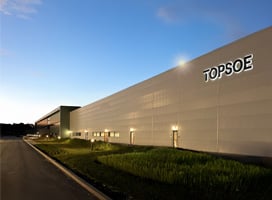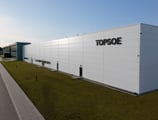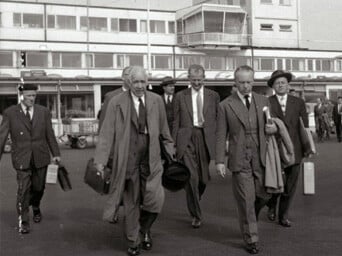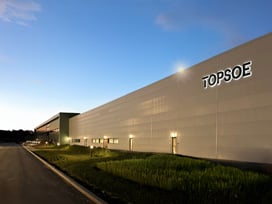CoMo catalyst designed for Fluid Catalytic Cracking (FCC) gasoline post-treatment
This is one of our CoMo catalysts for Fluid Catalytic Cracking (FCC) gasoline post-treatment.
The TK-712 HyOctane™ offers optimized hydrodesulfurization (HDS) activity, minimal octane loss and high metal poisoning tolerance. The catalyst delivers superior results when used in the HDS reactor(s) in the FCC gasoline post-treatment unit.
The catalyst enables the production of ultra-low sulfur gasoline (ULSG), while preserving octane levels.
A member of the HyOctane catalyst series
TK-712 HyOctane is a member of our HyOctane catalyst series. These catalysts have been developed to support all steps in FCC gasoline post-treatment applications. Their optimized activity and selectivity enable the removal of sulfur to ultra-low levels while retaining high octane numbers, allowing a stable, flexible, and profitable production of high-quality gasoline.
Other catalysts in the HyOctane series are TK-703 HyOctane™, TK-747 HyOctane™ and TK-710 HyOctane™.
Application
TK-712 HyOctane is applied in Fluid Catalytic Cracking (FCC) gasoline post-treatment.
.png)








![SAF Airplane runway[1]-1 1](https://www.topsoe.com/hs-fs/hubfs/SAF%20Airplane%20runway%5B1%5D-1%201.png?width=800&height=640&name=SAF%20Airplane%20runway%5B1%5D-1%201.png)



